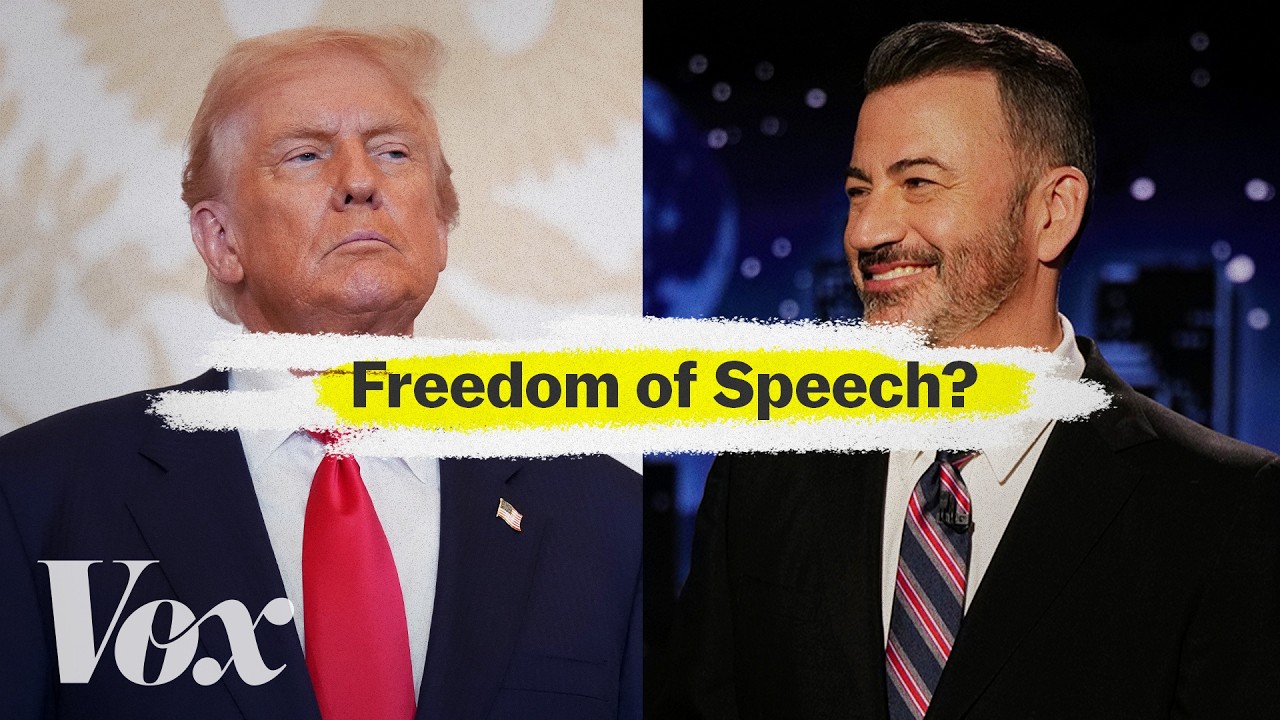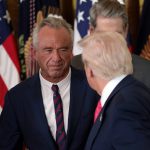Kimmel’s Suspension Sparks Free Speech Debate: What’s the Limit?
Jimmy Kimmel’s recent suspension from ABC’s “Jimmy Kimmel Live!” ignited a national firestorm, thrusting the complexities of free speech, satire, and political commentary into the spotlight. The controversy began on September 15th when Kimmel, during his opening monologue, addressed the shooting of right-wing media personality Charlie Kirk. His remarks, which seemed to connect the shooter to the “MAGA gang,” drew immediate ire from conservative circles.
Brendan Carr, the Trump-appointed chair of the Federal Communications Commission (FCC), escalated the situation by publicly threatening action against ABC and its parent company, Disney, for Kimmel’s comments. Just two days later, ABC and Disney suspended “Jimmy Kimmel Live!”, sparking a wave of outrage and debate across the political spectrum.
A Nation Divided: Free Speech or Responsible Speech?
The suspension triggered fierce reactions from all corners. Celebrities like Wanda Sykes voiced their support for Kimmel, arguing that his remarks fell under the umbrella of protected satire. Conversely, prominent Republicans, including Senator Ted Cruz, weighed in, further fueling the partisan divide.
The core question at the heart of the debate is the extent to which free speech should be protected, particularly in the context of late-night comedy and political commentary. While the First Amendment guarantees freedom of speech, it also recognizes limitations, particularly when speech incites violence or defamation. Kimmel’s defenders argue that his comments were clearly satirical and intended to provoke thought, not violence. His critics, however, contend that his words were irresponsible and potentially dangerous, given the already heightened political tensions in the country.
The FCC’s Role and Future Implications
The involvement of the FCC, a regulatory body tasked with ensuring responsible broadcasting, adds another layer of complexity to the situation. While the FCC has the authority to regulate broadcast content, its intervention in this case raises concerns about potential political influence and censorship. The threat against ABC and Disney prompted questions about whether the FCC overstepped its bounds and whether the agency is being used to stifle dissenting voices.
The incident also highlights the changing landscape of media consumption. Late-night shows like Kimmel’s have become increasingly influential platforms for political commentary, blurring the lines between entertainment and news. This shift raises important questions about the responsibilities of comedians and entertainers when addressing sensitive and controversial topics.
Conclusion: An Ongoing Conversation
While “Jimmy Kimmel Live!” returned to the airwaves on September 23rd, the debate surrounding Kimmel’s suspension and its implications for free speech continues. The incident serves as a crucial reminder of the delicate balance between protecting freedom of expression and ensuring responsible communication in an increasingly polarized society. As the lines between entertainment, news, and political commentary continue to blur, these conversations will only become more important in shaping the future of media and public discourse.
Based on materials: Vox





